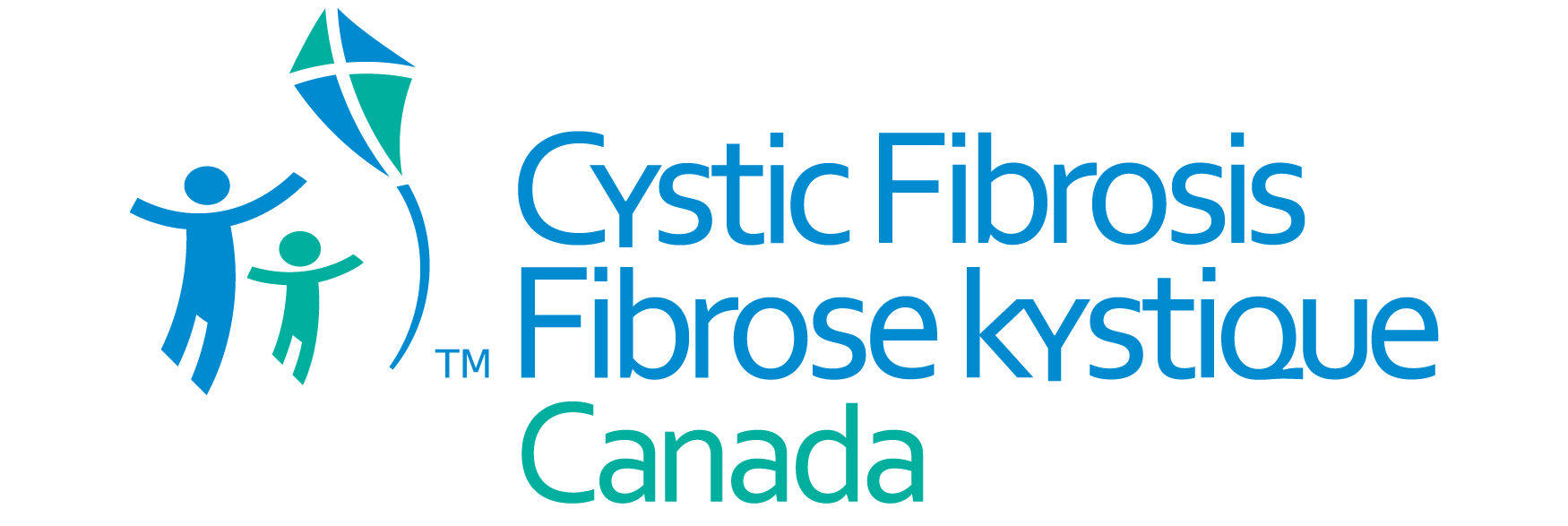Alyftrek: Your Questions Answered
October 22, 2025Share this:

You might be wondering: What is Alyftrek? If so, you’re in the right place. We’ve answered some of the most common questions about Alyftrek to help you understand the latest on the newest cystic fibrosis (CF) treatment option.
What is Alyftrek?
Alyftrek is a once-daily, triple-combination CFTR modulator therapy made up of deutivacaftor, vanzacaftor, and tezacaftor. Like Trikafta, Alyftrek targets defects in the CFTR protein caused by the F508del mutation or other mutations that respond to this treatment. It’s developed by Vertex Pharmaceuticals, the same company behind Trikafta.
Is Alyftrek better than Trikafta? What is the difference?
The short answer is: they’re very similar.
Clinical trials have shown that Alyftrek offers similar improvements in lung function compared to Trikafta. Interestingly, Alyftrek demonstrated greater reductions in sweat chloride levels, though it’s still unclear whether this translates into significant improvements in clinical symptoms.
Some CF mutations that don’t respond well to Trikafta may show a meaningful response to Alyftrek, based on lab data, meaning Alyftrek could benefit some individuals with rare mutations. But it won’t benefit all rare mutations.
The biggest difference? Alyftrek is taken as a single dose of pills once per day with a fat containing meal (typically in the morning), whereas Trikafta involves different doses twelve hours apart with fat containing meals(usually in the morning and at night). So Alyftrek might be a little easier to fit into your usual routine. It’s best to consult your CF care team to determine whether Alyftrek could be a suitable option for you.It’s best to consult your CF care team to determine whether Alyftrek could be a suitable option for you.
If I’m currently on Trikafta, should I ask my CF doctor to switch to Alyftrek?
Trikafta continues to be an effective treatment for many people with CF who have responsive mutations. Since both therapies show comparable improvements in lung function, switching may not be necessary if you’re doing well on Trikafta.
What’s exciting us about Alyftrek is that it gives physicians and patients another treatment option to add to the roster of CF tools. We recommend you speak with your CF doctor to explore what’s best for your individual health needs.
What are the side effects?
Alyftrek carries similar warnings to Trikafta, including the risk of liver damage. Some patients have also reported experiencing rashes, which is also a known side effect of Trikafta.
Because Trikafta has been available longer, more is known about its side effects. These can include mental health concerns including depression, anxiety, sleep disturbances, and difficulty concentrating. It’s not yet clear whether Alyftrek will cause similar symptoms, as long-term data is still being collected.
Who should take Alyftrek?
For some, Alyftrek could be the first chance at a highly effective CFTR modulator – and for others, it may offer a vital alternative when other treatments have been less effective or not well tolerated, or simply, the freedom of choice when it comes to a CF modulator therapy. The clinical trials studying Alyftrek didn’t look at people who didn’t benefit from or couldn’t tolerate Trikafta, so we aren’t sure yet if it would be better for these people.
Could Alyftrek be an option for people who have undergone a lung transplant?
Like Trikafta, Alyftrek is not expected to benefit the post-transplant population for any lung issues. It is possible Alyftrek or Trikafta could improve some of the symptoms that challenge people with CF outside of the lungs, such as digestive issues and sinus issues.
No clinical trials have been conducted for either Alyftrek or Trikafta in the post-transplant population, so there is no clear evidence that it will or won’t help these issues.
Can I get it in Canada?
Alyftrek was approved by Health Canada in July of 2025, meaning it is available, but the cost would be very high without insurance coverage. Cystic Fibrosis Canada is advocating for Canada’s Drug Agency to recommend provincial and federal drug plans fund Alyftrek for anyone who may benefit. We expect to see decisions on funding later this year, or early in 2026.
